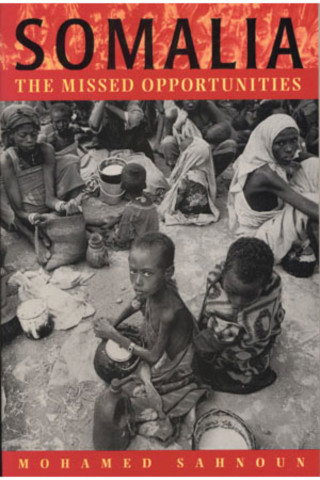Somalia
By 1992, starvation, disease, and death had engulfed Somalia and its people. Plagued by the violence of civil war, Somalia had become a country with few resources and great despair—electricity, communications, transportation, health services, and food were all in short supply.
As disaster befell the country, the international community proved unwilling or unable to provide the humanitarian and peacekeeping assistance that was desperately needed. The result, contends Mohamed Sahnoun, UN special representative to Somalia in 1992, was the continued spread of a tragedy that had already reached unthinkable proportions.
In this compelling volume, Sahnoun describes his first-hand experience in Somalia and argues that if the international community—and specifically the United Nations—had intervened earlier and more effectively, much of the catastrophe that unfolded could have been avoided.
In part a vivid personal memoir and in part a case study of multilateral intervention, the book provides concrete examples of how the failure of international intervention in different phases of the crisis in Somalia led to further deterioration. The author also assesses the reasons for the “absence of adequate and timely action” and examines how the United Nations can better fulfill its expanded role in promoting stability and providing humanitarian relief in the future.
Mohamed Sahnoun
Mohamed Sahnoun (1931-2018) had a long career centered on national and international diplomacy, including senior international positions as president of Initiatives of Change International, chair of the Caux Forum on Human Security, and co-chair (with Gareth Evans) of the International Commission on Intervention and State Sovereignty, which published "The Responsibility to Protect." He also served as Algeria's ambassador to the United States, Morocco, France, and Germany, along with positions with the Organization of African Unity, League of Arab States, and United Nations.

